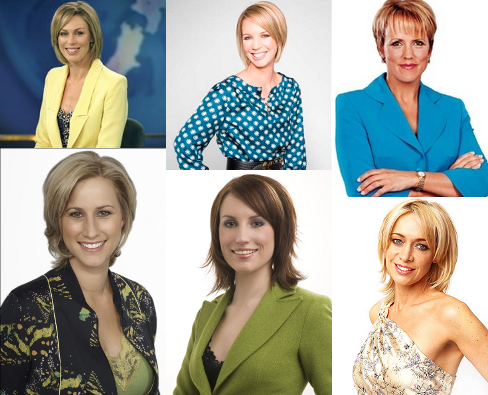On Mike Hosking’s Newstalk ZB show this morning, a discussion of the gender pay gap and Catherine Delahunty’s bill on the topic — and an object lesson in not believing your own hype:
Alasdair Thompson [Employers & Manufacturers’ Association CEO]: “Let me get down to tin tacks here. It is unfortunate, if you like, that men and women are different –“
Helen Kelly [Council of Trade Unions President]: [incredulous laughter]
AT: “– they are. The fact is, women have babies, they take time out of their careers to have babies. Women have — look, I don’t like saying this, this is how contentious this is, but here’s a fact of life. If you really want to keep some statistics, look at who takes the most sick leave. Why do they take the most sick leave? Women do in general. Why? Because, ah, you know, once a month they have sick problems. Not all women, but some do. They have children that they have to take time off to go home and take leave of. Therefore their productivity — not their fault, it’s … it may be because they haven’t got it sorted out with their partners, where the partners take more responsibility for what happens outside work. There are all of these issues, and none of this is covered in these statistics that this bill wants to sort out. Now, I’m sorry, I don’t like saying these things because it sounds like I’m sexist, but it’s a fact of life.”
HK: “Sure does, Alasdair, I’m glad you said them, it’s fantastic. I let you go on that one.”
(Audio)
Helen Kelly played Alasdair Thompson like a harp here. For a start, his argument is bogus — as Kelly says, the figures don’t back it up in the general case, and where they do back it up there’s a host of confounding variables. (For just one of many possible objections, since women already earn less than men for the same work, there’s an advantage at the margin where they retain the primary childcare responsibility, all else being equal. On the basis of this Thompson says they should be further penalised.)
But quite apart from the standard of the argument, Thompson ended up defending the indefensible in indefensible terms. It’s one thing to defend the indefensible in terms that seem reasonable, quite another to do so in terms that are repugnant. Rather than arguing the difference of interpretation and retaining the dignity of a Captain of Industry, a benevolent leader of men (and women) who cares about their wellbeing, he slipped into the worst sort of boss-man-splaining. This might work just fine in boardrooms where the interests of those present are aligned, but it’s not much good in the public sphere. He clearly realised this, but only once he had committed to it: his delivery was garbled and disjointed, clearly ad-hoc, and so heavily caveated that it’s hard to take any of it seriously.
But that’s what we must do. This guy is an experienced representative of New Zealand’s employers, speaking in his official capacity on a topic for which he had (or ought to have) prepared, in a mainstream media outlet. We are entitled to take him at his word, and we should thank him for telling us what he really thinks. And we should thank Helen Kelly for giving him such a plum opportunity to do so.
Update: Not one to do things by halves, Thompson has doubled — or, tripled down, with a press release arguing that women are paid less because they’re just not worth as much, and statements to the Herald blaming “socialists”, “Labour” and “unions” and claiming 90% support for his position. That number has now mysteriously vanished from the Herald’s story, and comments by readers of the National Business Review — Thompson’s natural constituency — are running 80-20 against him at the time of writing this update.
You could say he’s quadrupled down, even, since he’s now taken to twitter, responding to criticism and barbed quips with cut & pasted lines from his press release. A more epic fail is hard to envisage.
L

